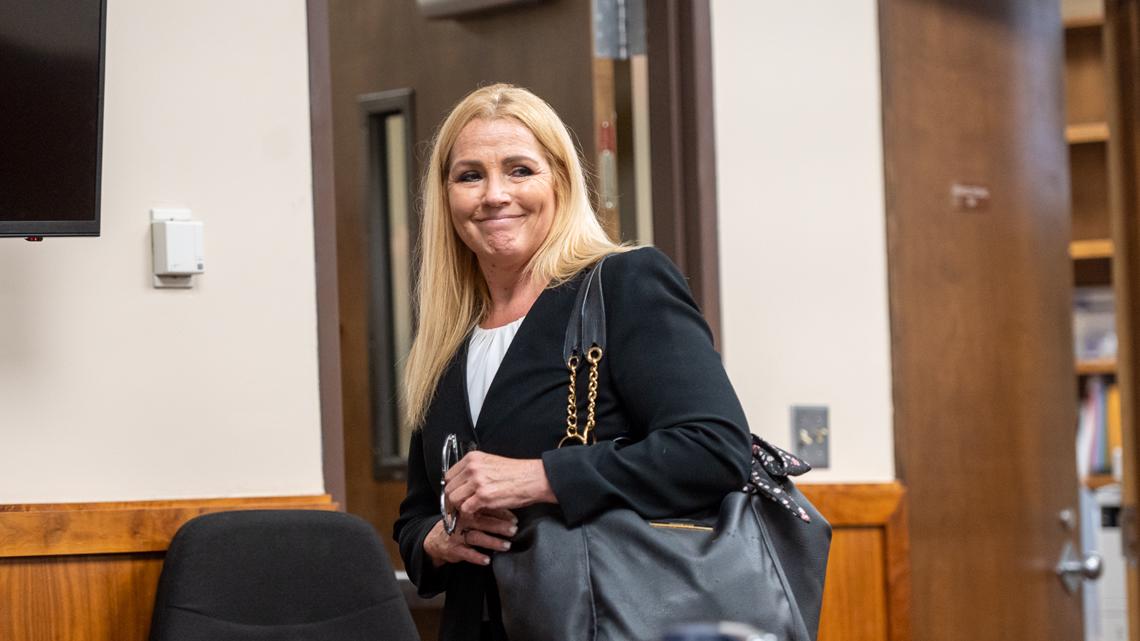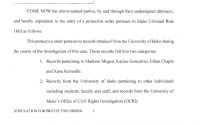Could this be in relation to the notice of Brady Violation or IA review?
JMO
These are the initiatives of OCRI
Complaint Investigation
Investigate discrimination and harassment complaints, provide written reports and determine action to be taken.
Title IX Coordination
Monitor gender equity in all UI terms and conditions of employment, educational and co-curricular opportunities. Includes sexual discrimination and sexual harassment prevention and complaint response.
Education and Outreach
Information and educational outreach on arc of issues regarding human rights, access, inclusion, diversity dimensions, equity and equal opportunity.
Universitywide Policy & Procedure Review
Embed diversity practices systemically
And Title IX
OCRI and TItle IX
Title IX is a part of the
Education Amendments of 1972 and is a comprehensive federal law that prohibits discrimination on the basis of sex in any federally funded education program or activity, regardless of status. Title IX applies to employees and students alike. Examples of the types of discrimination that are covered under Title IX include the failure to provide equal opportunity in athletics, discrimination based on pregnancy, and sexual harassment. Sexual harassment is a form of discrimination and sexual assault is the most pernicious form of sexual harassment.
Title IX provides protection for students in connection with all academic, educational, extra-curricular, athletic, and other programs of the school. This includes U of I-sponsored or U of I-related activities (off-campus trips, sororities and fraternities affiliated with school, etc.). This also affects students during academic breaks and summer. It may also cover activity that occurs off school grounds if there is carry-over into the educational setting (e.g., if a student is sexually assaulted off-campus by another student and must continue to interact with or see the other student on campus). All U of I students are expected to abide by the
Student Code of Conduct as long as they are students at the U of I. The code applies to any location or any time of the year to current, accepted or enrolled students.
But they do other things too:
Code of Conduct/retaliation/discrimination/violent threatening behavior etc....this page has links for all those topics
The University of Idaho has a policy of nondiscrimination on the basis of race, color, religion, national origin, sex, age, sexual orientation, disability, or status as a Vietnam era veteran. This policy applies to all programs, services, and facilities, and includes, but is not limited to...

www.uidaho.edu
MOO
edit: spelling



